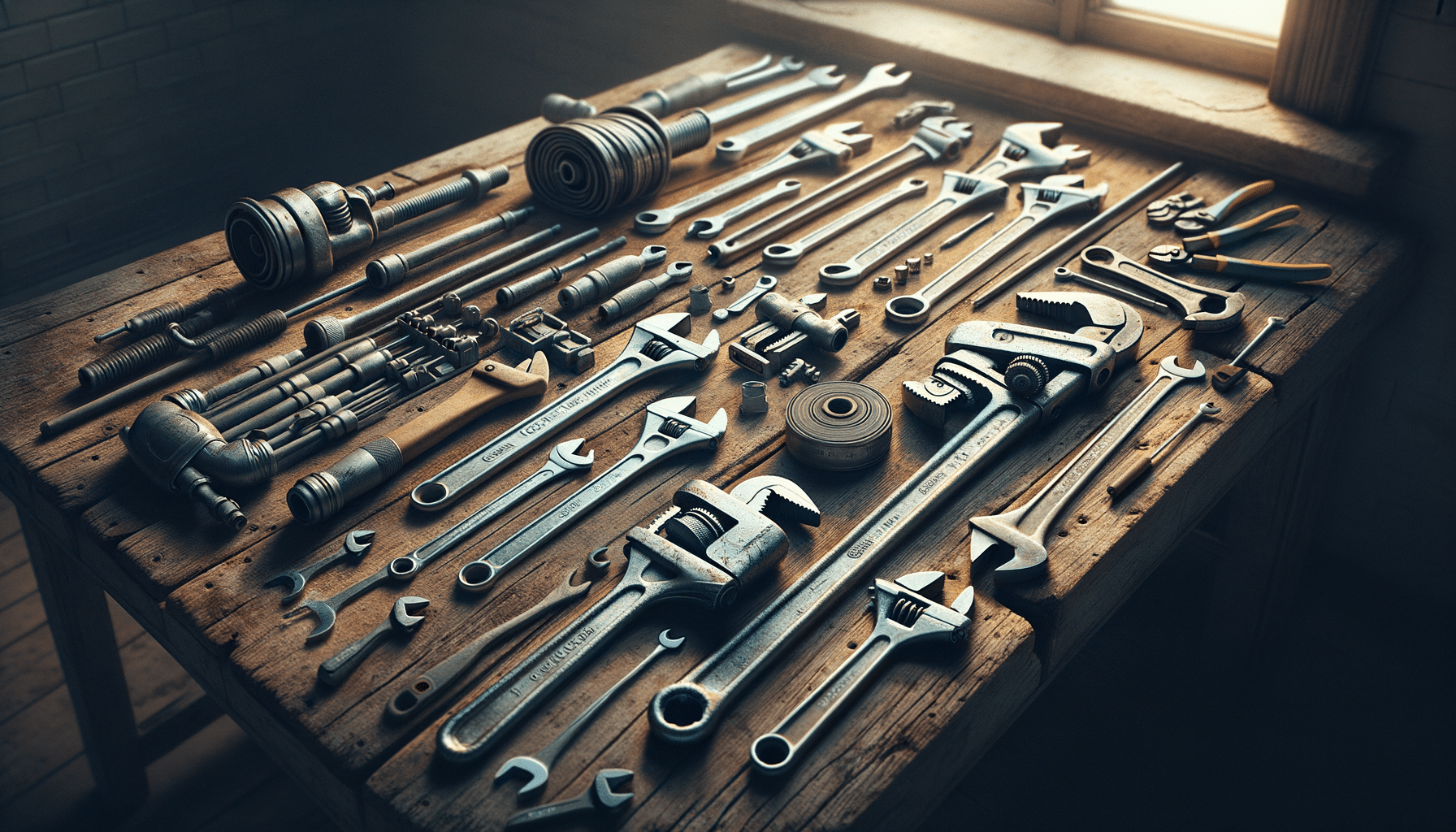
Discover Qualified Plumber Services for Homes and Businesses in 2025
The Evolution of Plumbing Services
In 2025, plumbing services have become an integral part of maintaining both residential and commercial properties. The significance of plumbing cannot be overstated as it encompasses a range of services essential for the functionality and safety of buildings. From simple repairs to complex installations, the role of a plumber is crucial in ensuring that water systems operate efficiently.
Plumbing services have evolved significantly over the years, adapting to new technologies and materials. Modern plumbers are skilled in using advanced tools and techniques, making them capable of addressing a wide array of plumbing issues. This evolution has been driven by the need for more efficient and environmentally-friendly solutions, as well as the increasing complexity of modern plumbing systems.
Today, plumbing services include not only traditional tasks such as fixing leaks and installing pipes but also encompass innovative solutions like smart home integrations and water conservation systems. The demand for skilled plumbers continues to grow as new construction projects and renovations require expert attention to detail and adherence to building codes.
Key Services Offered by Plumbers
Plumbers provide a diverse range of services that cater to the needs of both residential and commercial clients. Some of the most common services include:
- Leak Detection and Repair: Identifying and fixing leaks to prevent water damage and reduce water bills.
- Pipe Installation and Replacement: Ensuring proper installation of pipes to facilitate efficient water flow.
- Drain Cleaning: Removing blockages to maintain the functionality of drainage systems.
- Water Heater Services: Installing, repairing, and maintaining water heaters for optimal performance.
- Emergency Plumbing Services: Addressing urgent plumbing issues that require immediate attention.
In addition to these core services, many plumbers offer specialized solutions such as bathroom and kitchen remodeling, which involve the installation of modern fixtures and appliances. These services not only improve the aesthetics of a space but also enhance its functionality and efficiency.
Choosing a Qualified Plumber
When it comes to selecting a plumber, it is crucial to consider several factors to ensure you receive quality service. A qualified plumber should possess the necessary licenses and certifications, which indicate their expertise and adherence to industry standards. Additionally, experience plays a significant role in a plumber’s ability to handle complex tasks effectively.
Another important consideration is the plumber’s reputation. Customer reviews and testimonials can provide valuable insights into the reliability and quality of the services offered. It is also advisable to seek recommendations from friends or family who have had positive experiences with plumbing professionals.
Moreover, a qualified plumber should offer transparent pricing and detailed estimates before commencing any work. This approach helps avoid unexpected costs and ensures that the client is fully informed about the scope of the project.
The Importance of Regular Maintenance
Regular maintenance of plumbing systems is essential to prevent costly repairs and ensure efficient operation. Scheduled inspections by a professional plumber can identify potential issues before they escalate into major problems. Maintenance tasks may include checking for leaks, inspecting water heaters, and clearing drains to prevent blockages.
By investing in routine maintenance, homeowners and businesses can extend the lifespan of their plumbing systems and reduce the likelihood of emergencies. This proactive approach not only saves money in the long run but also contributes to the overall safety and comfort of the property.
In addition to professional maintenance, there are simple steps individuals can take to care for their plumbing systems. These include avoiding the disposal of grease down the sink, using strainers to catch debris, and being mindful of water usage to prevent unnecessary strain on the system.
Future Trends in Plumbing Services
As we look towards the future, several trends are shaping the plumbing industry. One of the most significant developments is the integration of smart technology into plumbing systems. Smart faucets, leak detectors, and automated water shut-off systems are becoming increasingly popular as they offer enhanced convenience and efficiency.
Another trend is the growing emphasis on sustainability and water conservation. Plumbers are now offering solutions that reduce water usage, such as low-flow fixtures and rainwater harvesting systems. These innovations not only benefit the environment but also lower utility bills for consumers.
Furthermore, the use of advanced diagnostic tools, such as cameras and sensors, allows plumbers to accurately assess and address issues without invasive procedures. This technology-driven approach enhances the precision and speed of plumbing services, benefiting both the provider and the client.


